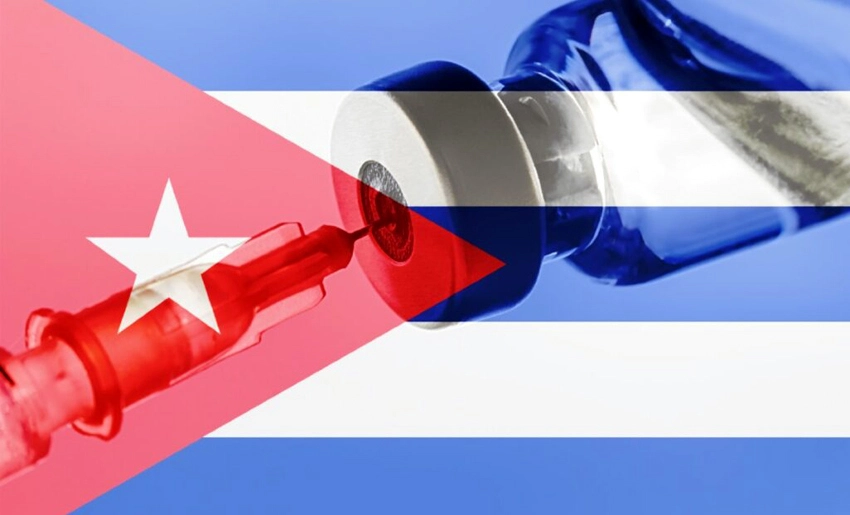One of the fundamental pillars of the Cuban healthcare system is undoubtedly the National Immunization Program. One of the most comprehensive and effective in Latin America despite the difficulties in accessing supplies and raw materials due to the United States blockade and the current health challenges facing the country.
The celebration of the 14th World Immunization Week, from April 21 to 26, is an ideal occasion to remember that the PNI. Established in 1962 and praised on multiple occasions by the World Health Organization (WHO). Guarantees the protection of Cuban children against 13 diseases.
Vaccination coverage in the country has exceeded 95% in recent years, becoming a regional benchmark. Since the 1960s, Cuba has implemented an immunization program that has not only drastically reduced the incidence of preventable diseases but has also managed to eradicate some of them, becoming a model followed in many nations.
Thanks to the effectiveness of a systematic, accessible, and free vaccination system. Cuba has eradicated polio since 1962, and has not reported any indigenous cases of measles, diphtheria, whooping cough, rubella, or mumps for decades.
Its results in the control of tetanus, typhoid fever, meningococcal disease, Haemophilus influenzae type b meningitis, and hepatitis B are also recognized. These data reflect the Cuban health system’s commitment to prevention and child well-being.
The Cuban vaccination program is distinguished by its comprehensive approach, which includes the research, development, and production of its own vaccines. Guaranteeing equitable access to immunization for its entire population.
Of particular note are the vaccines against hepatitis B and meningitis, which have not only been used domestically but have also been exported to other countries. Thus contributing to international cooperation in health matters.
One aspect that deserves attention is how Cuba has faced recent challenges such as the COVID-19 pandemic,. As it reaffirmed its ability to develop effective vaccines—Soberana and Abdala—that allowed for the control of this global health crisis.
Vaccination awareness has also been essential to achieving these results. The prevention and health promotion campaigns promoted in the country contribute to a positive perception of vaccines and ensure that the population is well-informed and confident in their benefits.
The National Immunization Program has proven to be an effective tool in the fight against preventable diseases. Public health is a collective challenge, and the sustainability of the vaccination system is crucial for the well-being of the population.
Translated by Aliani Rojas Fernández
- Social Responsibility in Today’s Cuba - 17 de January de 2026
- Cuban Science with a Transformative Impact on Society - 15 de January de 2026
- Safety Road, Everyone’s Responsibility - 29 de November de 2025

